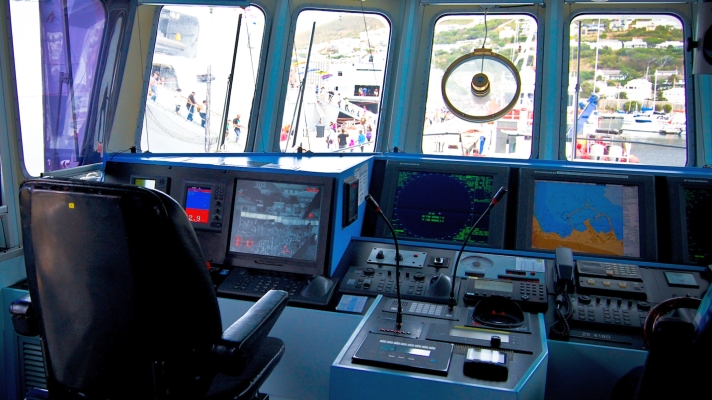Frequently sounding bridge warnings, especially false ones, can create "alarm fatigue" and tempt deck officers to silence alarms without investigation. This was revealed by a survey conducted among masters and senior officers from a wide variety of vessel types.
The findings were released by P&I Club, Shipowners Club, which conducted the survey in conjunction with the Department of Psychology at Royal Holloway, University of London, ISWAN and InterManager. The goal of the survey was to investigate whether alarms on the bridge may affect the attention and focus of bridge watchkeepers.
Respondents highlighted that there is a problem with too many similar sounding alarms and revealed a need for alarms to be easily identifiable so that urgent warnings can be recognised over simple notification bells.
What also emerged from the survey, was the crew’s readiness to silence alarms without investigation due to alarm fatigue caused by repeated alarm soundings for no apparent reason. When answers were analysed by the respondents' roles, this practice was prevalent among all ranks.
An Overview of Some of the Key Findings:
- 89 per cent of participants thought false alarms were a problem.
- 66 per cent said the alarms were not easily detectable.
- 57 per cent of respondents disagreed that alarms are graded by sound.
- 50 per cent of participants reported some frustration with the format of the alarms themselves. Of particular concern was the fact that sounds are frequently the same tone for all alarms with no distinguishing factors between alarm systems.
Bridge Alarm Monitoring Should Be Improved Upon
The report concludes: 'It is evident from the feedback of these seafarers that the current regulations and arrangements relating to bridge alarm monitoring and systems can be improved upon. Doing so will improve the working environment of seafarers and assist with the reduction of related claims.' InterManager has called for manufacturers to work with ship operators to develop better ways of communicating bridge warnings.








